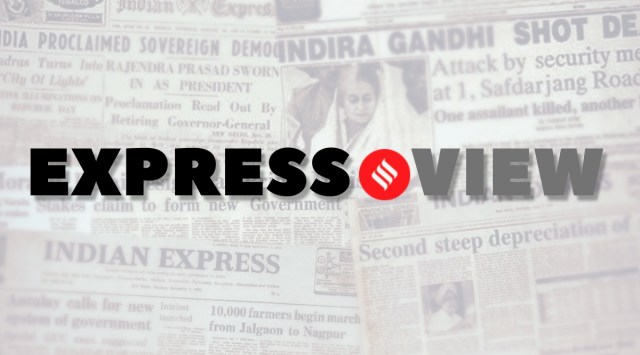
There are times when a brand acquires a symbolism that far exceeds its real significance. Consider the global political excitement surrounding the BRICS on the eve of the just concluded Johannesburg summit. Many in the Global South have seen the summit as an opportunity to build a new platform to address their economic concerns after the Covid-19 pandemic and the war in Ukraine. If rising resentment in the Global South led to the investment of new hopes in the BRICS, there were fears in the West about the BRICS upending the post-World War II global order. Both the hope and the fear appear misplaced. All the pre-summit hype about a common BRICS currency to replace the dollar, for example, ended in tame statements about trading in national currencies — which are, in any case, pegged against the US dollar.
Although it may not shatter the current global order, the BRICS brand has attracted many countries that want to demonstrate their strategic autonomy and stand up to western pressures. The clamour to join the BRICS became intense as 22 countries applied for membership. The Johannesburg summit took a major decision on expanding the forum. It invited six countries — Argentina, Egypt, Ethiopia, Iran, Saudi Arabia, and the United Arab Emirates — to become full members starting early 2024. This is the first expansion since the 2010 admission of South Africa into the BRICS and there could be further expansion of membership and creation of a new category of “partner states”. The BRICS foreign ministers have been tasked to develop criteria and norms for further institutional expansion of the forum.